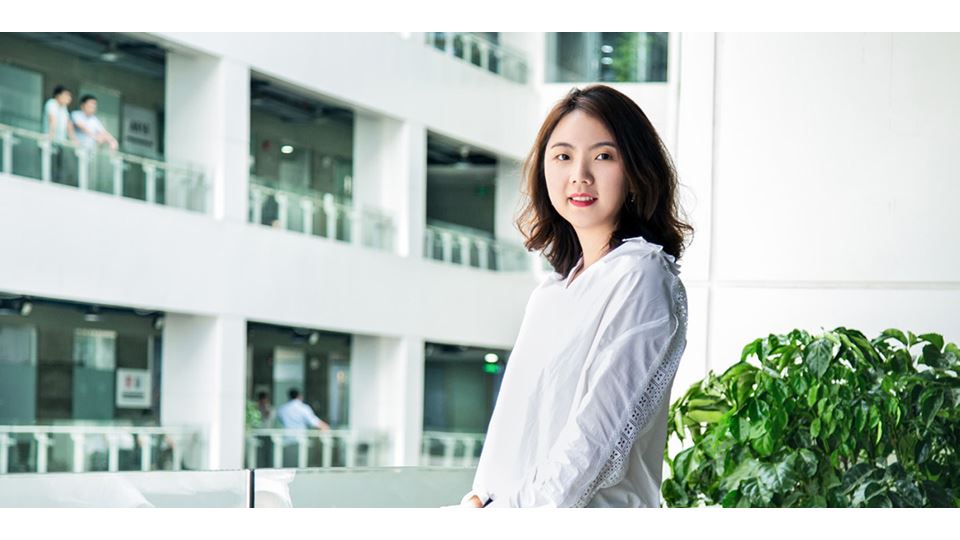
It is essential that we continuously monitor and follow up with our suppliers to ensure compliance with our requirements for working conditions, human rights and environmental protection.
Since the beginning of 2017, Clas Ohlson has collaborated with Sedex. Sedex is a global organization that works for responsible purchasing and supplier chains and gives its members access to various kinds of data to improve the rights, health, and safety of workers as well as the environment and business ethics.
Meet Mandy Liu, Clas Ohlson's Responsible Sourcing Manager in China.
Mandy, why did we choose to join Sedex?
The partnership with Sedex means we can perform more audits. And if Sedex conducts the audits in accordance with the forms we have in common, they can share the results with numerous customers. This is naturally more efficient for the suppliers as well. Another reason is that we can collaborate with others to motivate manufacturers to correct shortcomings that are discovered. Through Sedex, we are many customers pulling in the same direction and imposing the same requirements, which leads to increased awareness in the plants and thus a greater desire to correct the shortcomings. In addition, Sedex — in contrast to many other similar organisations — provides us with the opportunity to use our internal skills and previous experiences to integrate Clas Ohlson’s standards with Sedex regulations.
Commitment and transparency are most important
How has the partnership developed over the year?
We invested a great deal of time in learning Sedex’ standards and templates in order to integrate our own compliance programme with theirs. We have also had a great deal of contact with other companies who are members of Sedex, in order to understand how they use the platform in their operations. At the Sedex Awards, Clas Ohlson won the international “Best New Programme 2017” award with our training tool, QuizRR. This is a confirmation that we are doing the right thing.
How does this supplement our own audits?
The Sedex joint standard provides us with insights into which risk factors are of immediate interest. It helps us focus on the right things. And since Sedex shares the results from the audits on a shared platform, we can see which reports are relevant to us. If we find one, we don’t need to conduct our own audit; we can refer to their report.
What is most important for ensuring a responsible supply chain?
I would say commitment and transparency. Commitment throughout Clas Ohlson, all the way up to executive management, means we can tell our suppliers that this is a priority, which gives it a great deal of weight.
Transparency is important, since we need to know exactly how well the plants in the supply chain comply with our requirements. Regardless of how well or poorly a supplier complies with the requirements, the starting point for Clas Ohlson is always obtaining a correct picture in order to identify the risks and offer support.
How do you view developments, moving forward?
As regards compliance control, we will continue to conduct our own audits while using Sedex. We work closely with larger, important suppliers to help them and to work proactively. Simply put, we want to help our suppliers in the areas where shortcomings exist in order to meet the compliance requirements over the long term.